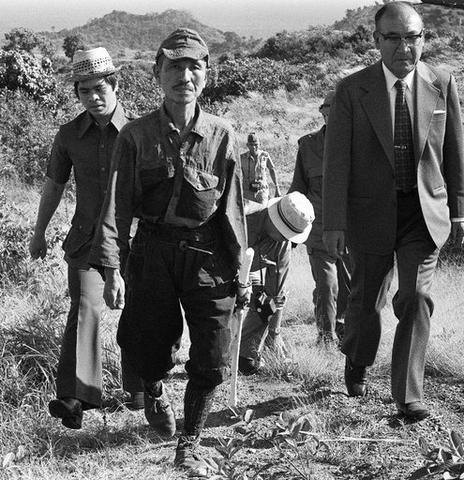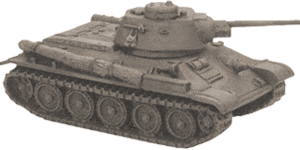Japanese WWII Soldier Who Didn't Surrender Until 1974 Dies at Age 91

On January 16, 2014 former Imperial Japanese Army Intelligence Officer Hiroo Onoda passed away in Tokyo at age 91. Onoda, a veteran of the Second World War, had an otherwise unremarkable wartime service record but for what he did after the Japanese September 1945 surrender to the Allies.
In December of 1944 Onoda had been ordered to Lubang Island in the Philippines (which the Japanese had taken from the U.S. in 1942). In October of 1944 U.S. forces landed in the Philippines at Leyte Island, and subsequently advanced through the Philippine Archipelago - relentlessly driving the Japanese defenders before them. Early in 1945 the U.S. forces began their invasion of Luzon; the most important of the Philippine islands by virtue of being the home of Manila, the country's capital and largest population center, as well as excellent air and naval facilities; including those in and around Manila Bay. Located on the approaches to Manila Bay, and not far from the infamous Corregidor Island, Lubang Island is a small sixteen mile long by six mile wide island that nonetheless because of its location served as an important secondary target of the US invasion force.
In February of 1945 US forces landed on Lubang and promptly cleared it of all significant military resistance. His commanding officer, Major Yoshimi Taniguchi, ordered Onoda, who had been trained in guerilla warfare, and three other soldiers, to stay behind and carry on fighting. And that is exactly what they did, among other things terrorizing the local Filipino population but mostly trying to avoid detection and stay alive. In August of 1945 the soldiers found leaflets announcing the war's end. That said, they refused to believe Japan had actually surrendered; instead seeing the leaflets as Allied propaganda. After the 1950 surrender of one of his fellow soldiers, and the 1954 and 1972 shooting deaths of the other two in gunfights with the police Onoda, who had been declared dead in 1959, was all alone.
Then, in 1974 a student named Norio Suzuki who had been looking for Onoda found him alive. Onoda initially refused to come out of hiding; but the Japanese government, his brother, and his former commanding officer managed to convince him that the war was in fact over (see picture above of Onoda being led from hiding after his surrender). Onoda returned to a hero's welcome in Japan, and though deeply unsettled by the massive technological and societal changes all around him, eventually married and split his remaining years between Brazil and Japan.
Incidentally, Onoda was not the last Japanese soldier to surrender. That distinction goes to Imperial Japanese Army Private Teruo Nakamura who was arrested in Indonesia only a few months after Onoda surrendered. That said, there are rumors that other Japanese soldiers fought on in Thailand until 1991. Though it may seem unbelievable perhaps there are others still out there fighting a Second World War that refuses to completely end....



Post new comment